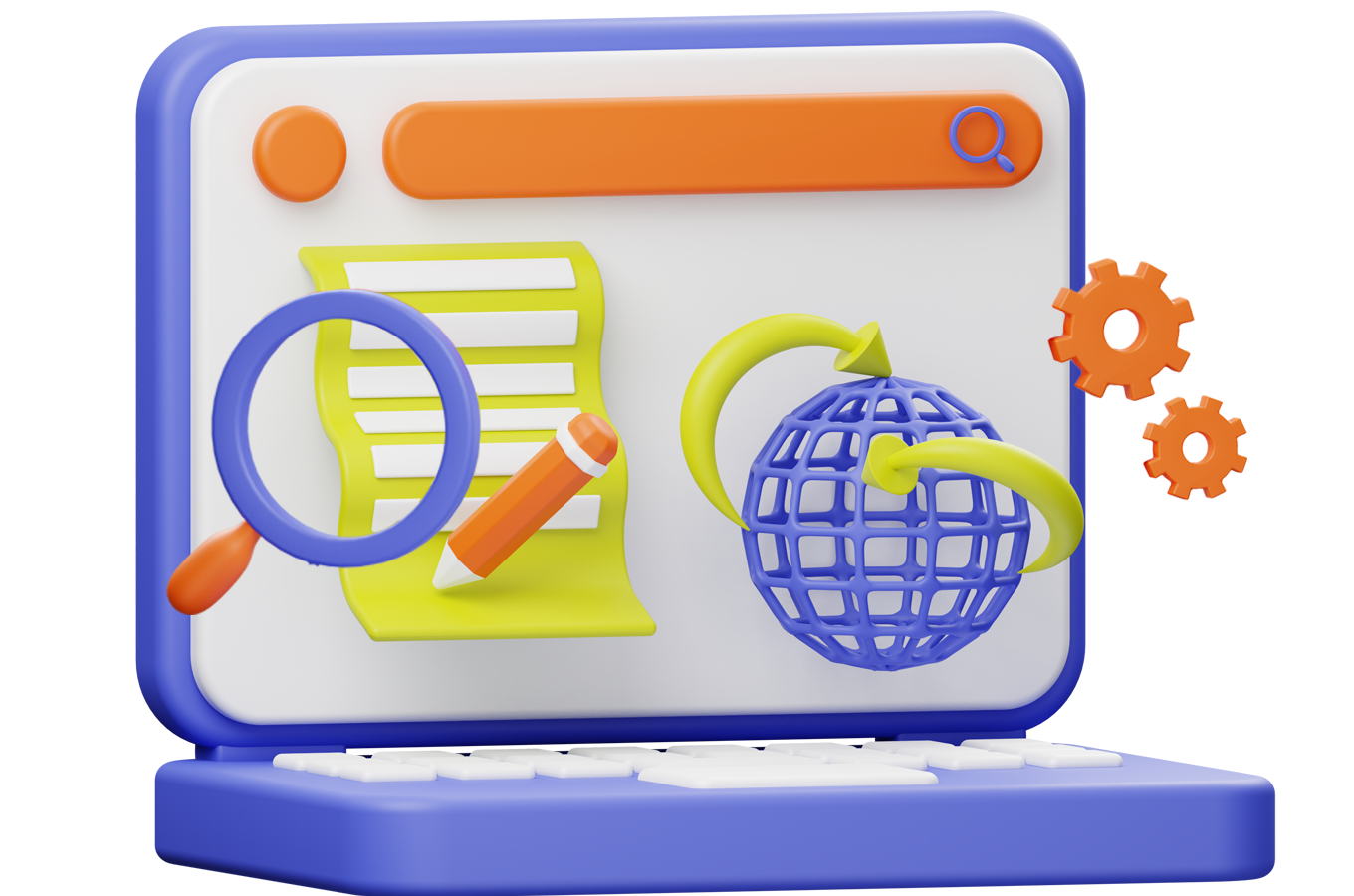September 2025 saw some major disruptions in the SEO tools and data industry with the removal of a widely used Google parameter &num=. We’ve been able to deliver consistent and unaffected data in Moz Pro and the Moz API so far, thanks to prior preparation and the resilience of our systems. That said, we wanted to share our thoughts, and our plan going forward.
What happened?
Virtually every SEO tool is powered by scraped search results. In order to get more insight from each scrape—and thus keep costs down for end users—tools generally use this parameter to force extended search results on the first page, instead of the typically 10 regular organic results a user would see by default. Moz Pro, for example, has for a long time standardized on &num=50 – so 5 “pages” of results per scrape.
This parameter had actually been deprecated for many years, but continued to be unofficially supported. In mid-September, it started to slowly stop working, forcing SEO tools to seek alternative methods. Some tools–including Moz and STAT–prepared an alternative we call “stitching”, where we piece together a series of paginated results, 10 at a time, into one longer set of results. There are various difficulties with this approach, many of which can be mitigated or avoided, but the main implication is cost, which ends up being significantly higher, to the point of being unsustainable in many cases.
This should also be seen in the context of SERP data costs generally increasing in recent years, as tools are forced to mimic real browsers more and more closely in order to get accurate, representative rankings.
Are lower rankings valuable?
The rankings that SEOs should care most about are clearly those on the first 1-2 pages of results. Very few users are scrolling down to position 40. That said, deeper SEO analysis and metrics do benefit greatly from the information gained from these deeper results. This includes tools like Keyword Explorer and our link index.
Plans for Moz products
We want to strike a balance between providing a good value, accessible product, and providing the best data possible to our users. As such, for Moz Pro and Moz APIs, we are taking a hybrid approach, starting from 20th October, 2025:
- Campaign rank tracking and Rank Checker, will report on the first two pages of results only - typically 20 regular organic positions, or 25-30 positions including features. You can read more here about how this will show up in your dashboards and reports.
- Keyword Explorer, Link Explorer, being primarily analytical data rather than rank tracking, will remain on a 50-result SERP as now.
For STAT, we are pursuing a more flexible approach, which will provide clients with a range of options to suit their diverse needs.
Why has Google done this?
Many have speculated that this might be an attempt by Google to sabotage ChatGPT, which is powered to a large degree by scraped Google search results. This explanation is appealing but has a couple of issues:
- Does restricting ChatGPT to the first 10 results meaningfully harm its responses?
- Won’t ChatGPT now just hit Google harder to get more results, thus incurring higher costs for both parties?
Perhaps Google is happy to accept a war of attrition on this front. Another likely explanation is that this long-deprecated parameter simply stopped working as part of another update. Perhaps the same update that seems to have changed how impressions are measured in Google Search Console in the last few weeks (we don’t think bots can have been driving enough traffic per term to drive the impression changes that many sites are seeing).
What next?
We’ll continue to strive to provide reliable, consistent, and accurate data to our customers, as we have done throughout this period. If you are a Moz Pro customer and have any questions, feel free to contact support.
Catch us at the STAT Booth at Brighton SEO, UK
Come chat with the Moz and STAT team at Brighton SEO this month. I’ll also be speaking on Friday afternoon, swing by and say hi!
The author's views are entirely their own (excluding the unlikely event of hypnosis) and may not always reflect the views of Moz.




